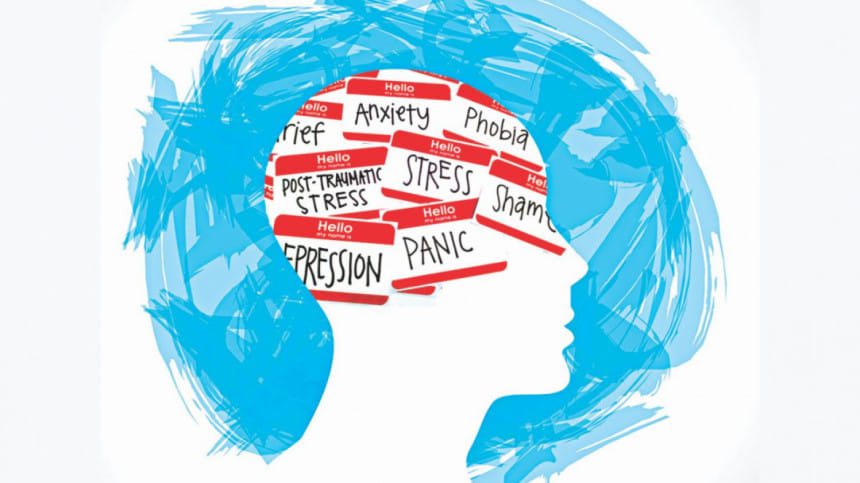Why we tend to avoid therapy

The normalisation of talking about mental health issues is a work in progress. Whether it be due to the youth being more conscious about mental health-related issues or because contemporary media is highlighting its significance to the general demographic more, the idea of paying attention to your mental health and considering therapy is receiving widespread advocacy from many.
Even then, there are many reasons why people choose to refrain from getting the help they need.
The initial barrier of talking to a stranger about the things you are most vulnerable about is a difficult task. For some, it's unattainable. The barrier can stem from trust issues, and awkwardness, to things like fear of failure.
It's an obstacle because it creates a feedback loop in your brain and goes something like this. You struggle with mental health-related issues, and your peers ask you to consider going to therapy. Although you do want to get help, the problems you face actively prevent you from doing so. Consequently, you feel worse about it due to your inaction which leads to the issue resurfacing. The loop continues.
The only way to get out of this is to force yourself to go out there, which is also marred with uncertainty. After all, it may take many attempts to find a suitable therapist for yourself. And when you are in an emotionally vulnerable state, the brain is often not ready to comply with failure.
It takes a certain amount of emotional strength to unpack. And while it may be obvious that it's necessary to unpack for the healing process to begin, it also has its own range of complexities to deal with. Going through and discussing traumatic events from the past that continue to trouble you before your final exams is probably not the most ideal set of circumstances to be in. A bad result might hinder your progress in the most detrimental way possible.
But at the same time, society and capitalism constantly remind us that we are falling behind. And because of that, the list of things that need to be done never comes to an end. As human beings, we tend to prioritise certain things over ourselves. As we continue to do so, our health deteriorates.
There is no objective solution to this dilemma. A pre-existing notion amongst people is that there simply isn't enough time to be going to therapy because there are other, more pressing issues that need to be addressed. Whether it's sitting down and solving past question papers for an exam or working on a side project that has been waiting for too long, it feels like there simply isn't enough time.
For as long as there's something to do, our brain finds a loop to distract ourselves with while putting off getting the help we need. At the end of the day, there is not much we can do to battle these obstacles. However, we can do our best to help reinforce the idea of treating our mental health with equal importance as our physical health, remind our peers to do the same, and remind our friends and family struggling with these issues to take the time to care for themselves in whatever ways we can.
Fahad likes frogs. Find his poetry on IG @fvehed

 For all latest news, follow The Daily Star's Google News channel.
For all latest news, follow The Daily Star's Google News channel. 








Comments